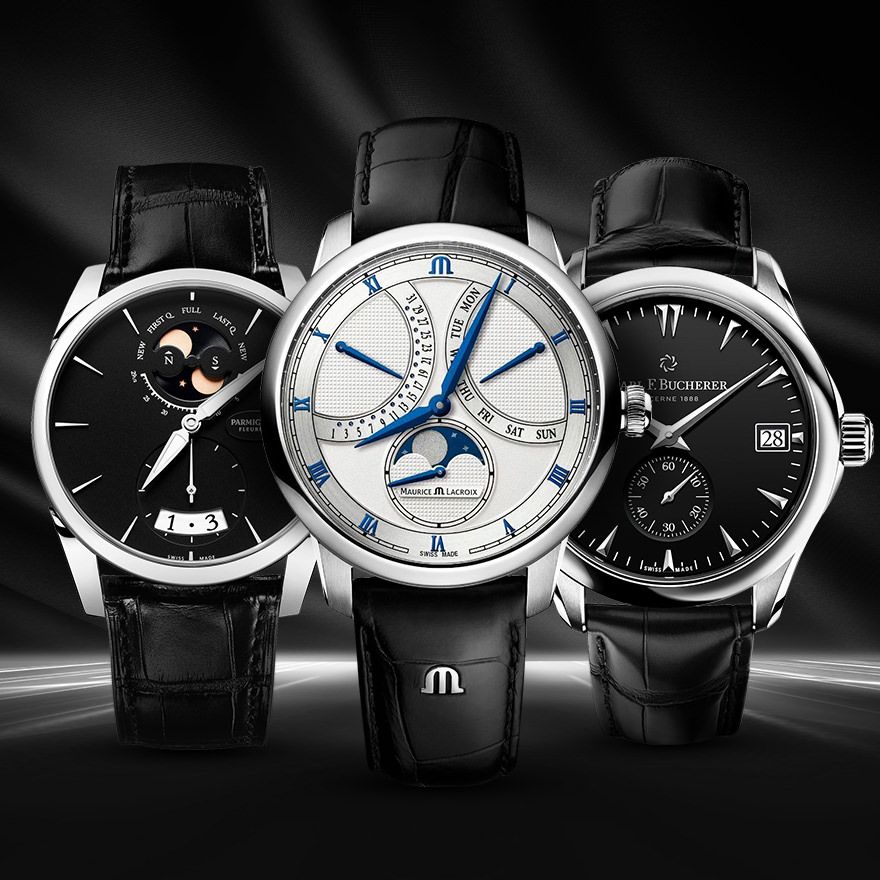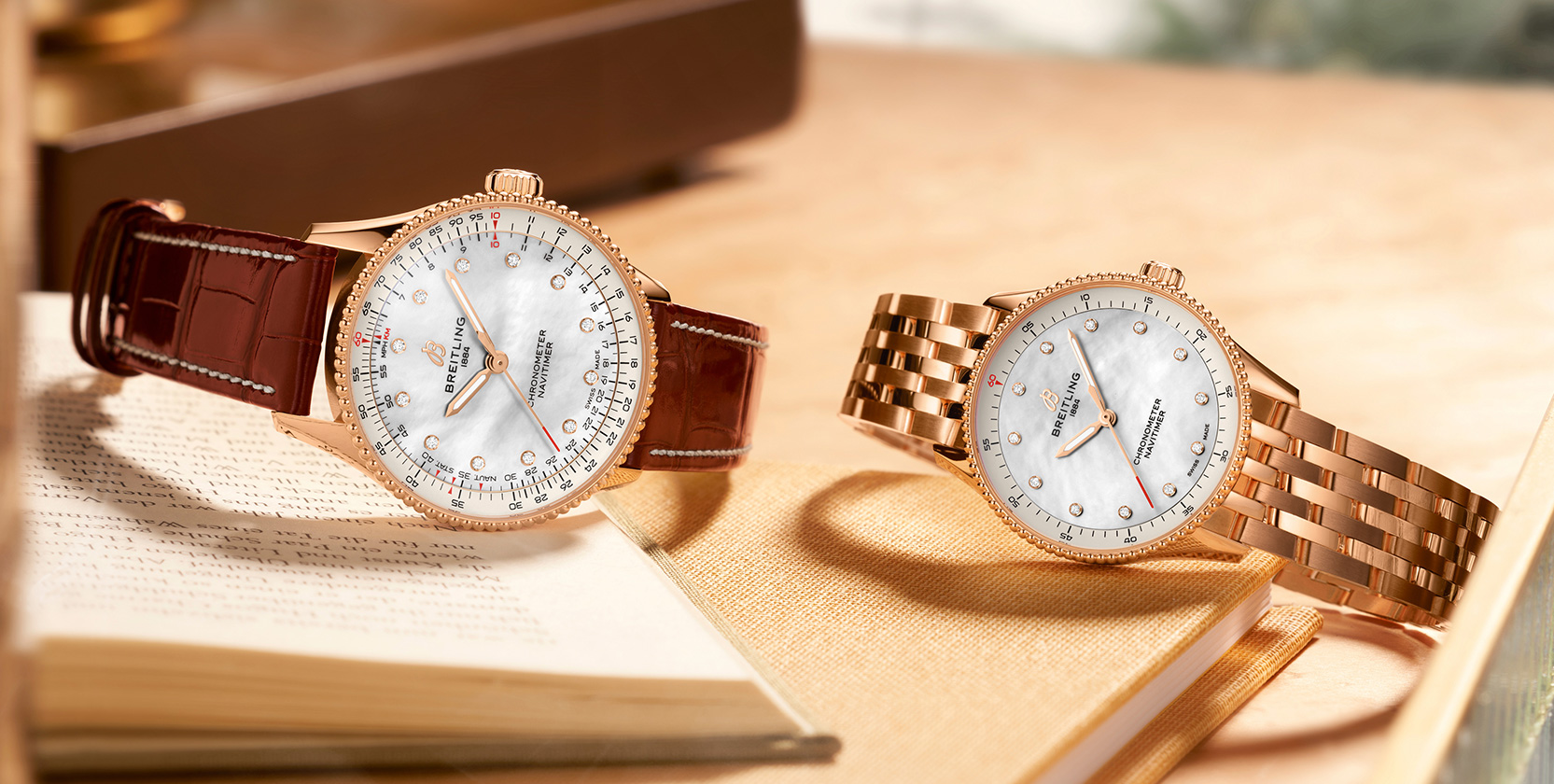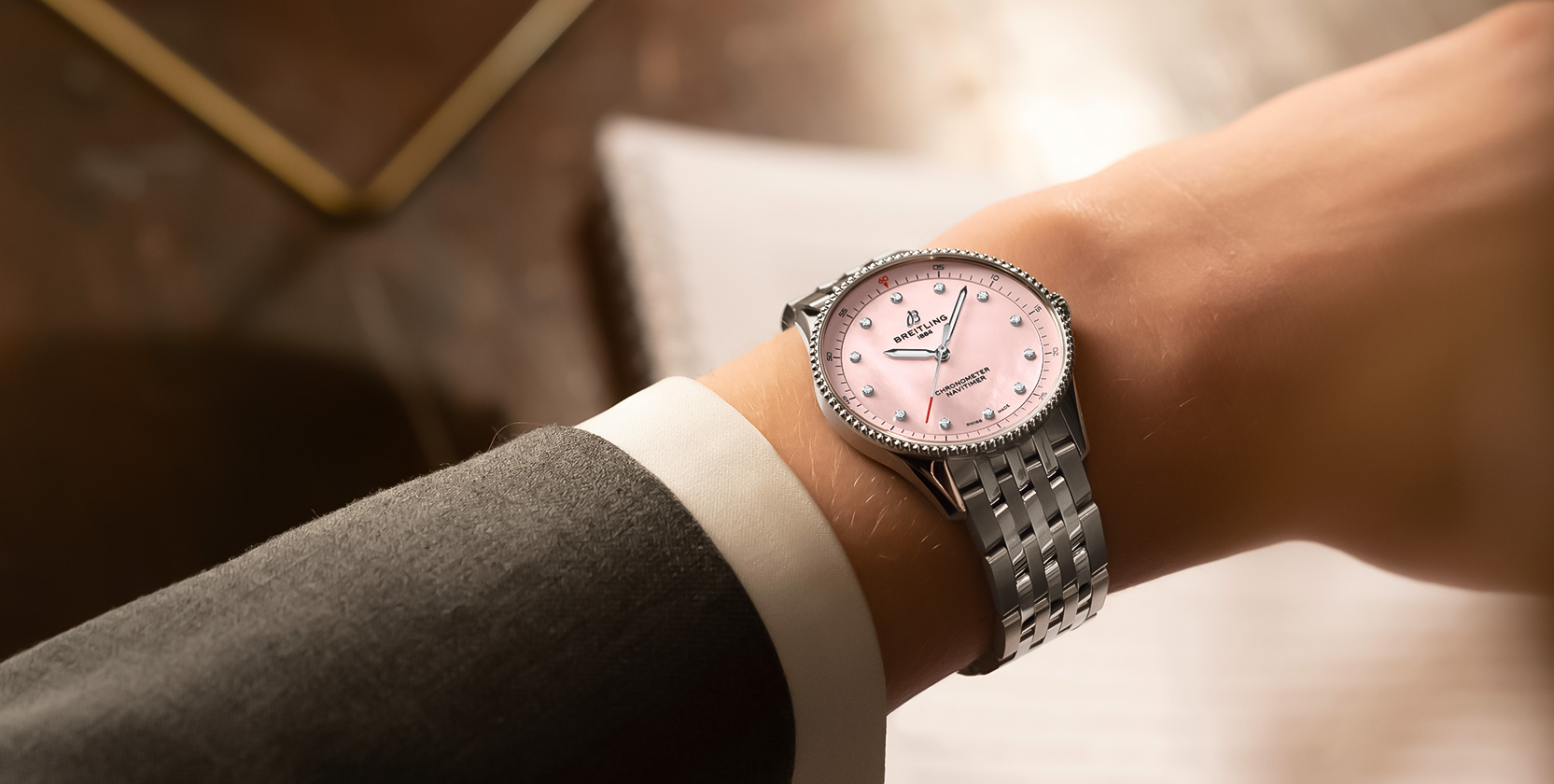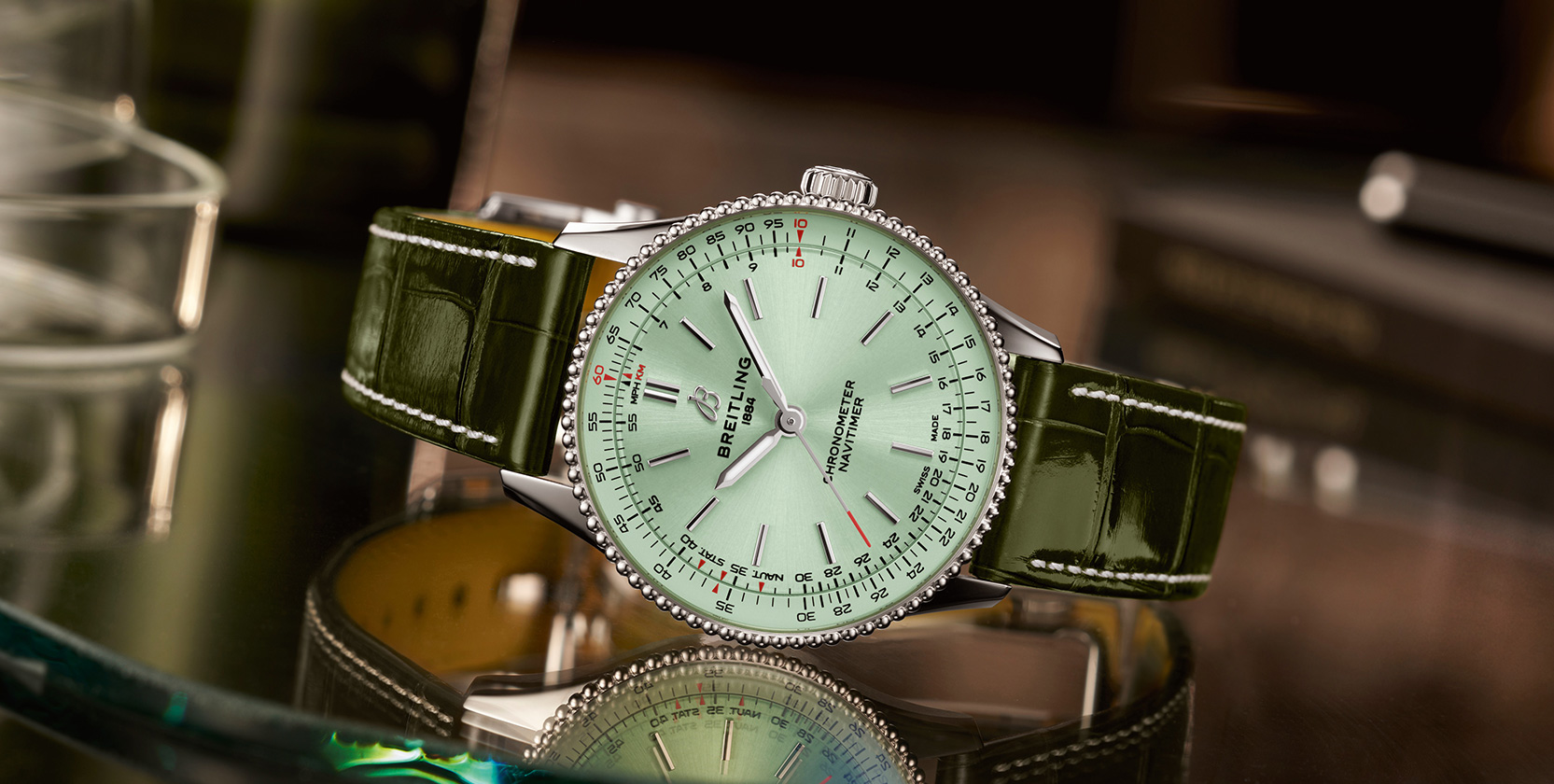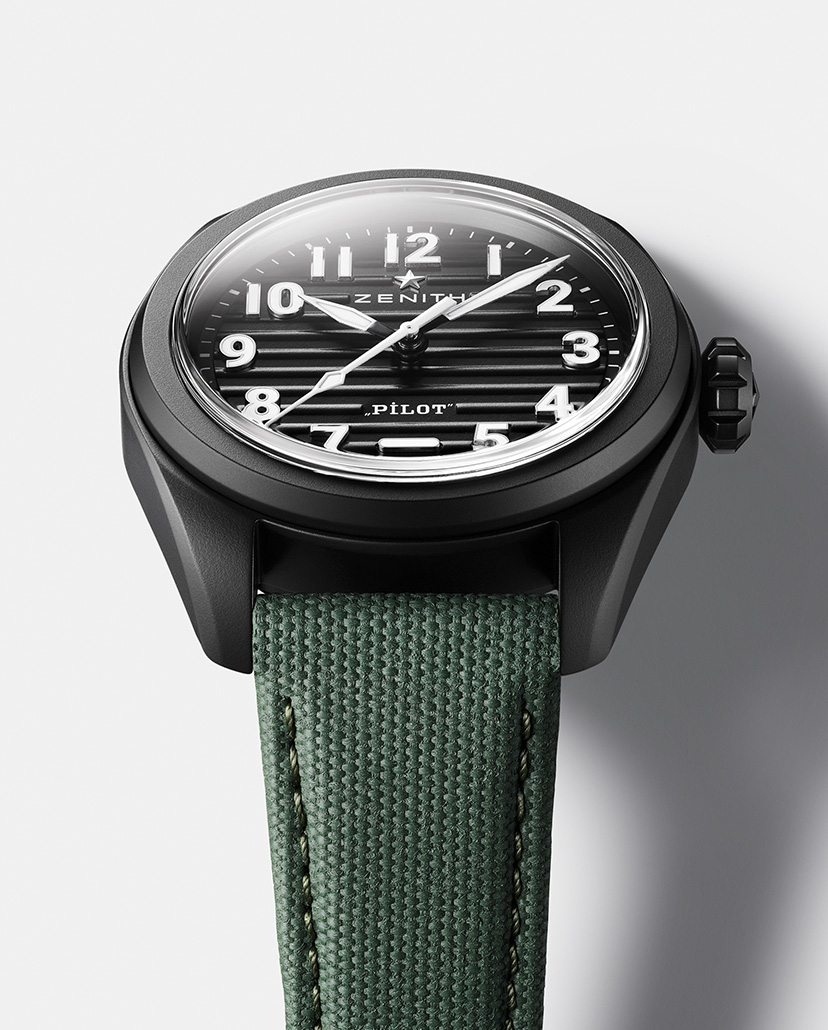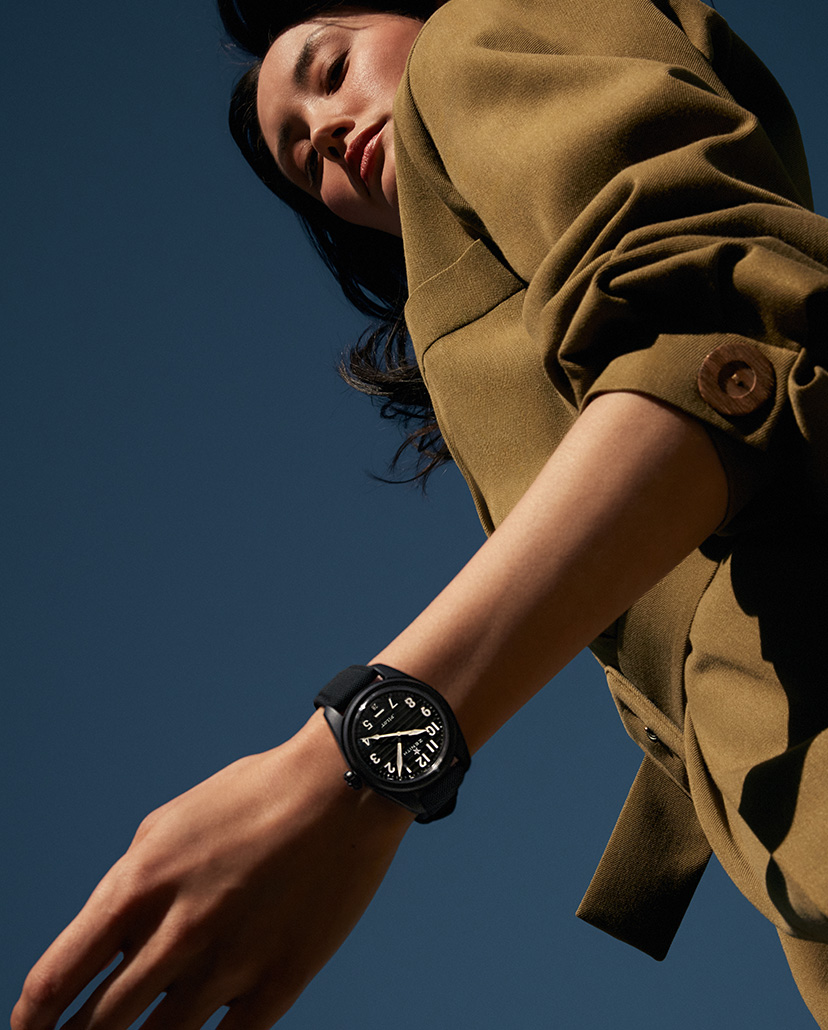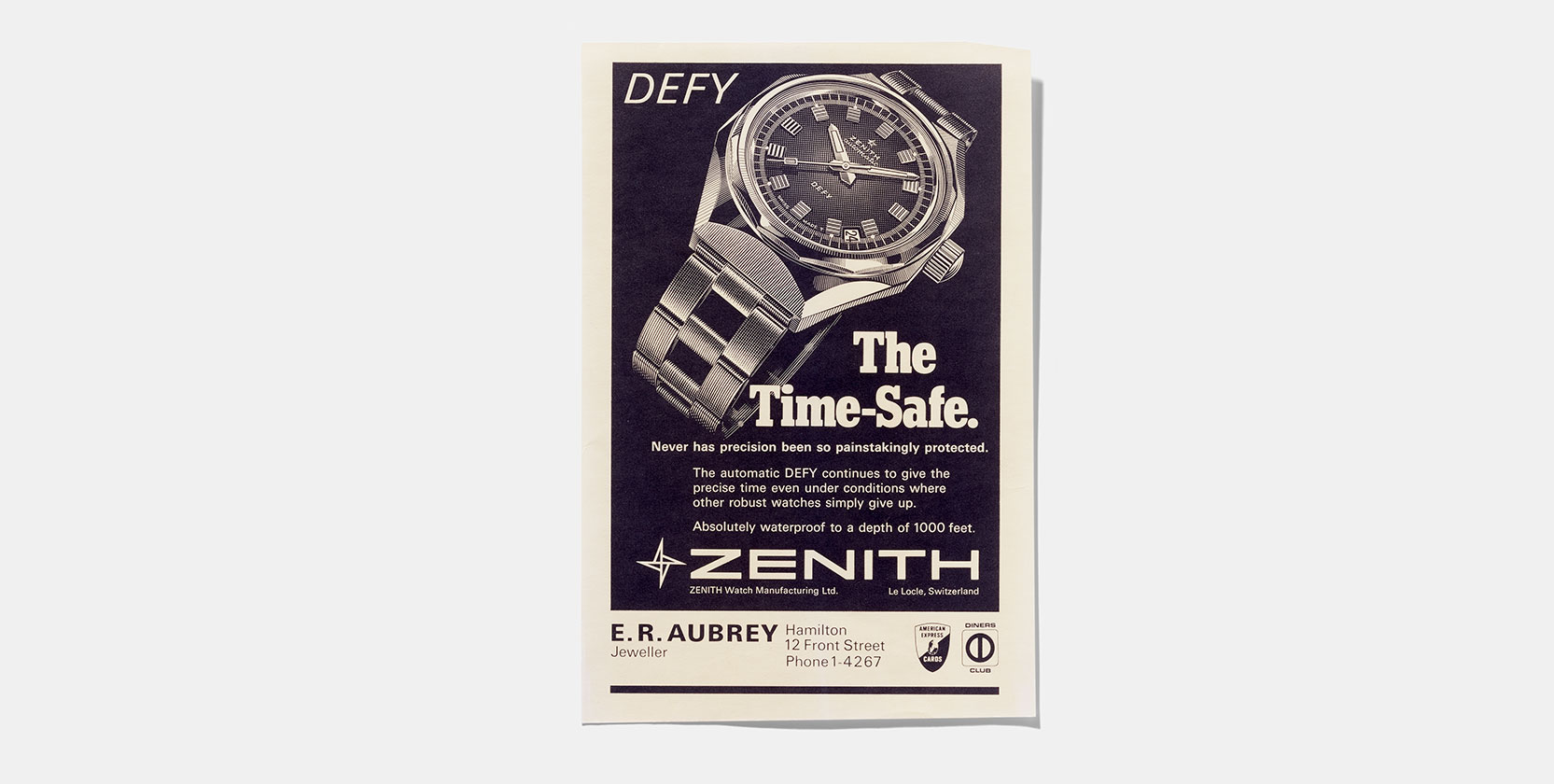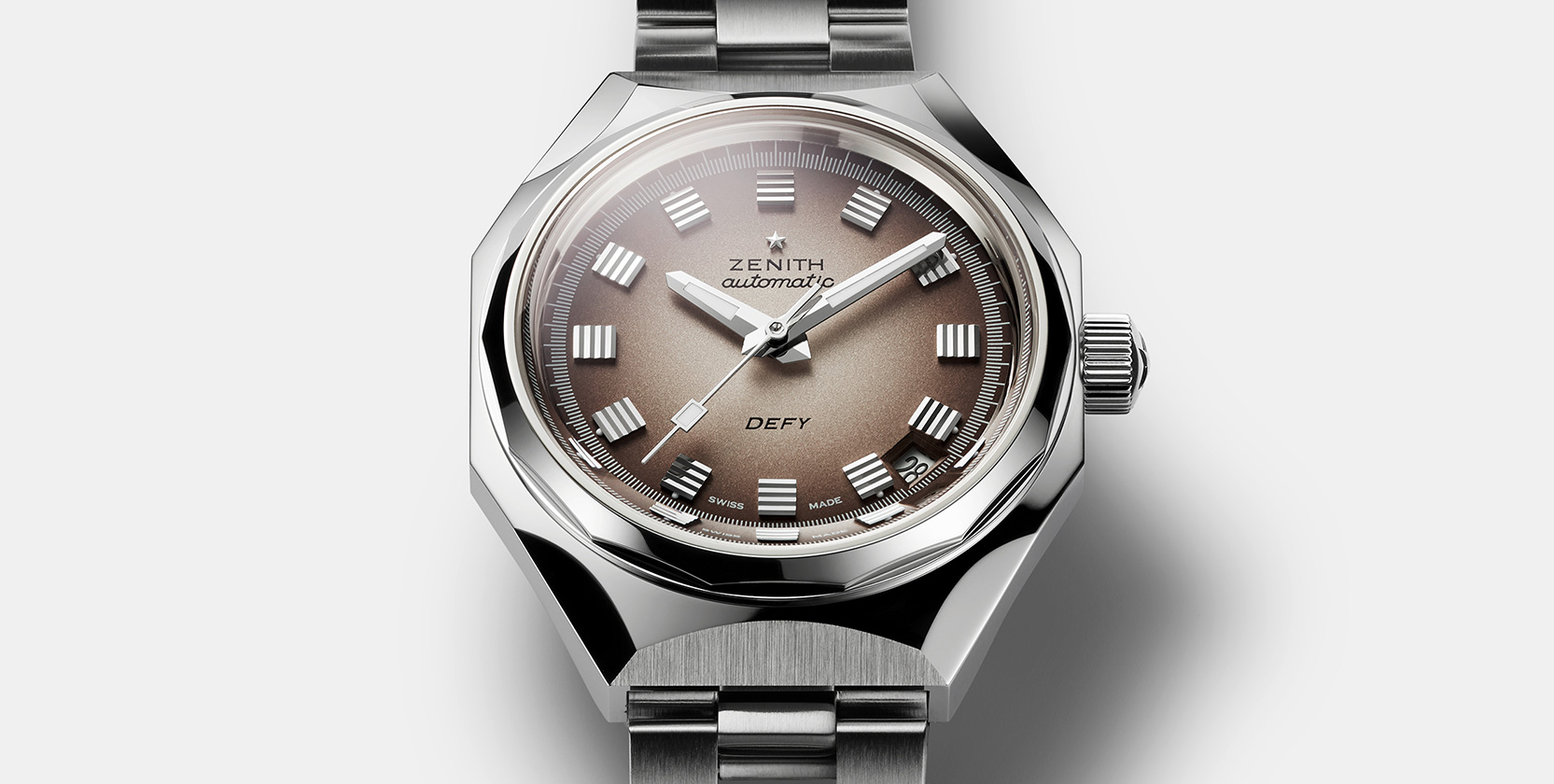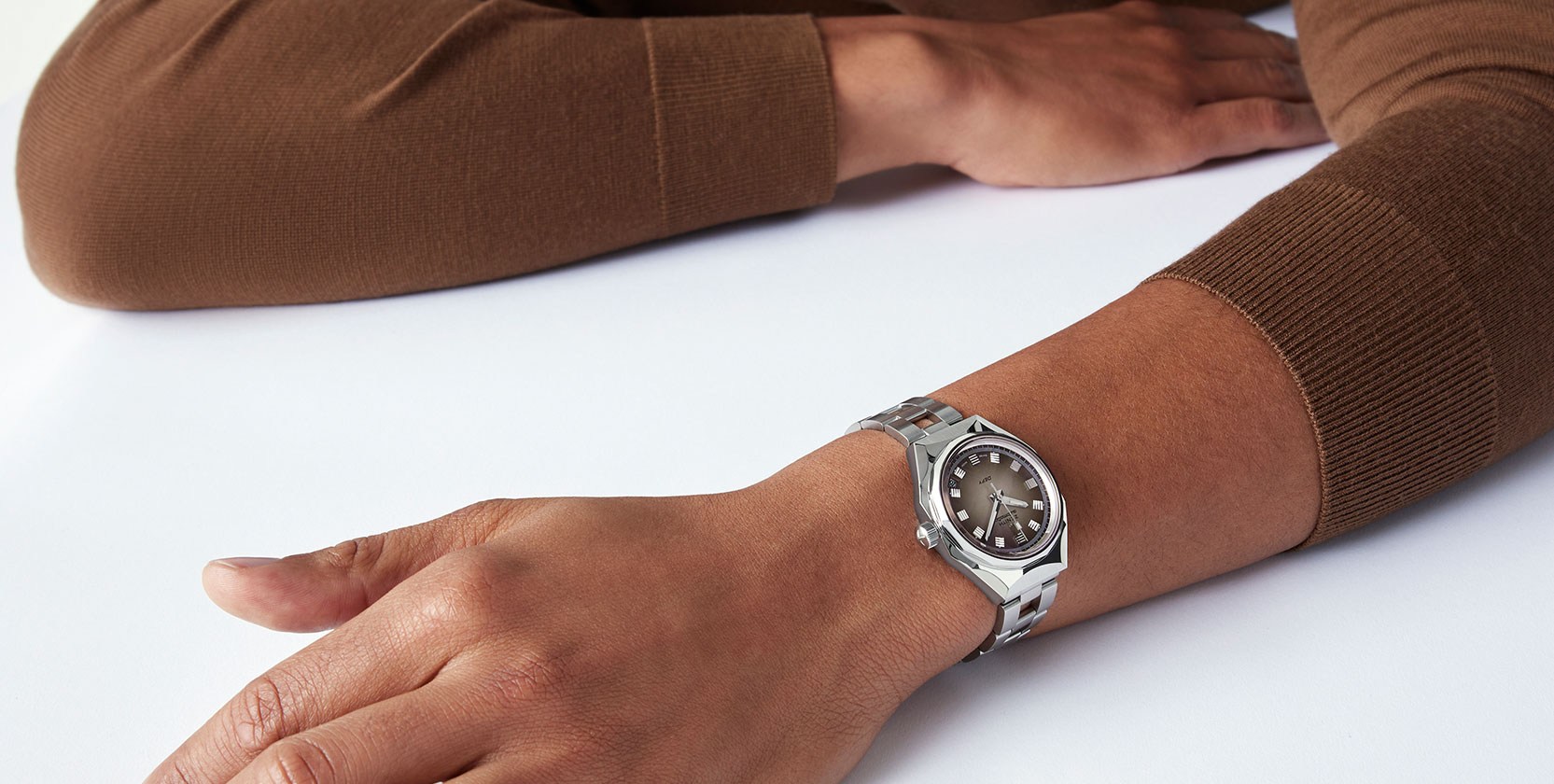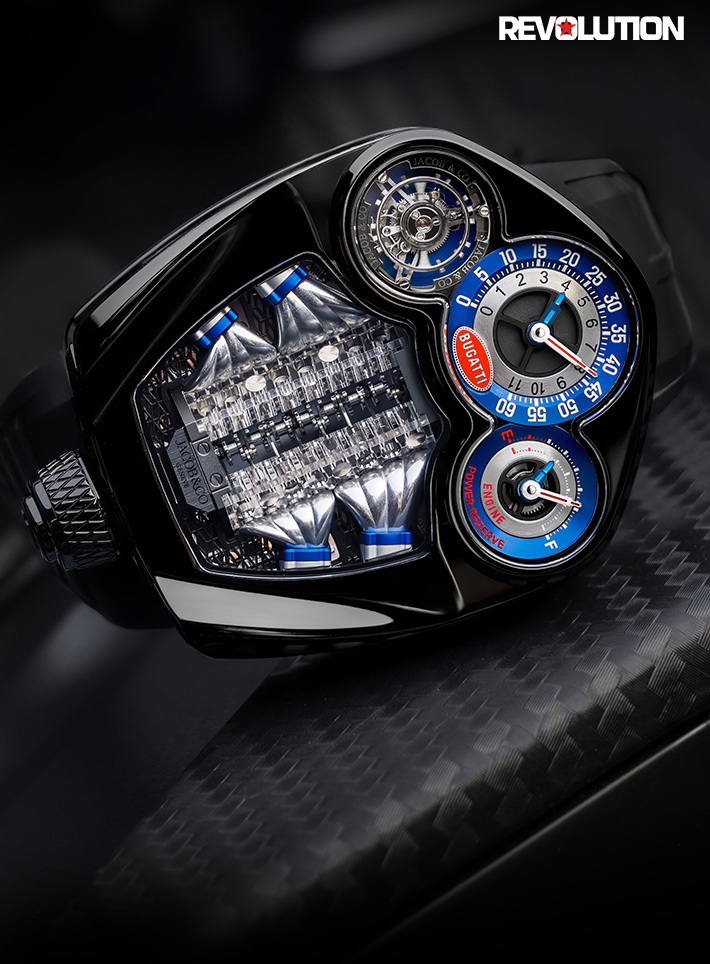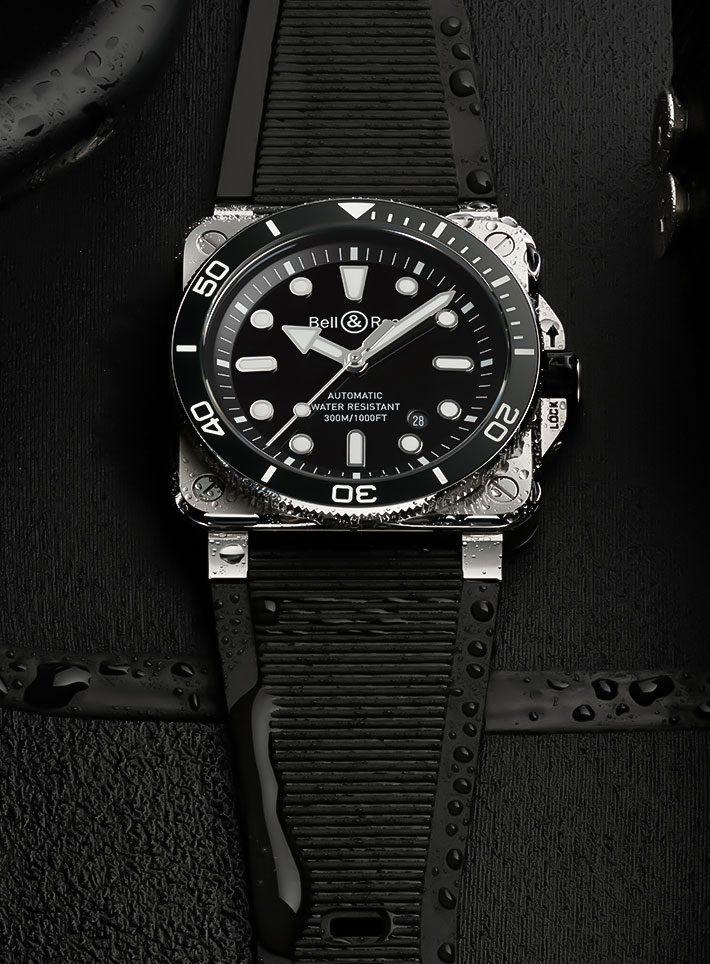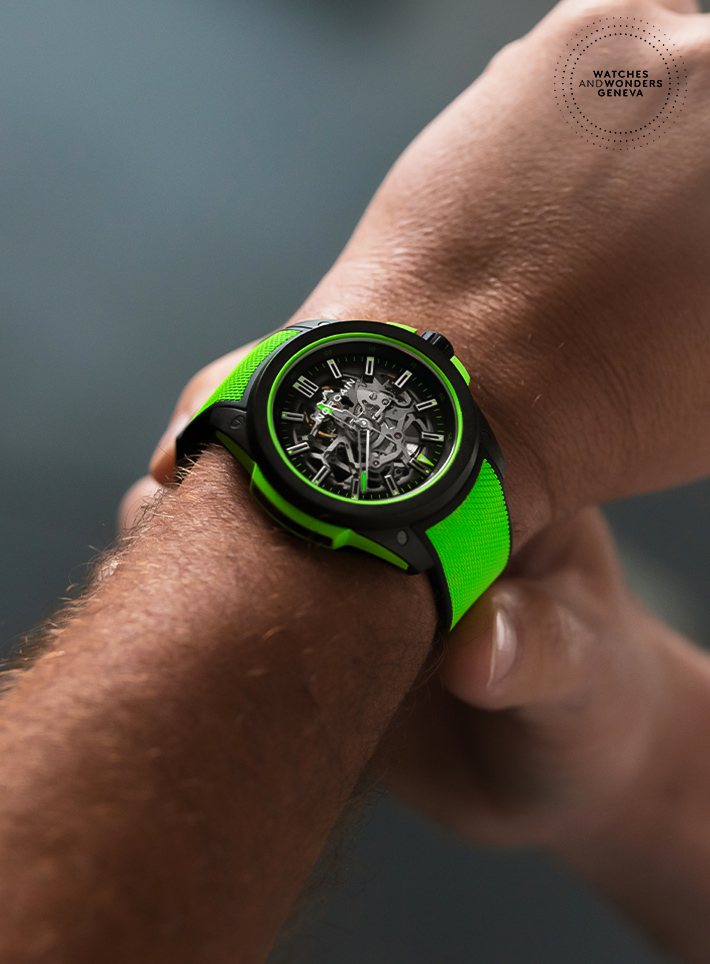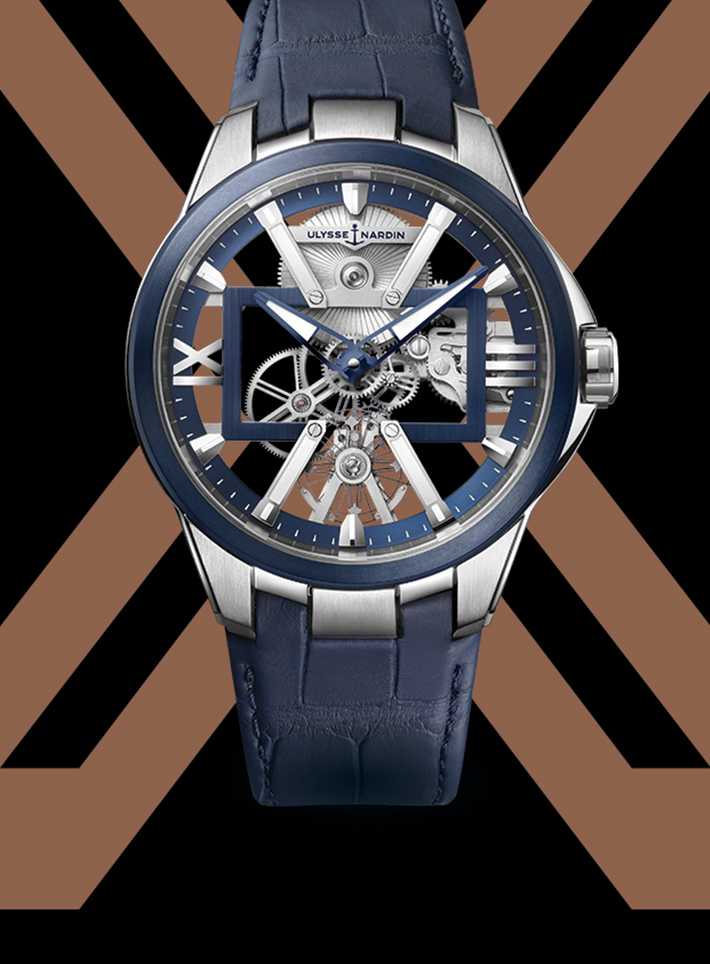FeatureThe Big Trend Of Small(er) Watches
In the past few years, there has been a reduction in the case size of bigger models. While the need for inclusivity has been one of the main reasons for this gradual shift, there are other factors contributing to this change. Let’s find out more
May We Recommend
The trend of small-sized watches isn’t new. In fact, between the 1920s and the 1980s, most watches either measured 40mm or below, working perfectly well for people with broader wrists. However, this began to change around the late ’90s and early 2000s, as a slew of timepieces—sometimes as large as 48mm—began to flood the market, leading to a paradigm shift. Brands such as TAG Heuer, Breitling, and Oris, known for their tool watches, began launching models that were rarely smaller than 40mm, thus reinforcing the notion that larger watches were for men and smaller ones for women. Celebrities like Sylvester Stallone and Arnold Schwarzenegger drove this trend further. In the 1996 film Daylight, Stallone wore the custom 44mm Panerai Luminor 5218-201/a, leading to the creation of the Luminor Slytech series (Sly is Stallone’s nickname). This watch sold for $214,200 in December 2020. Also, Schwarzenegger, who is known for his love of large watches, has a collection that includes the 55mm Jacob and Co. Napoleon Quadra Tourbillon and the 57.5mm Zenith Pilot Montre d’Aeron Type 20.
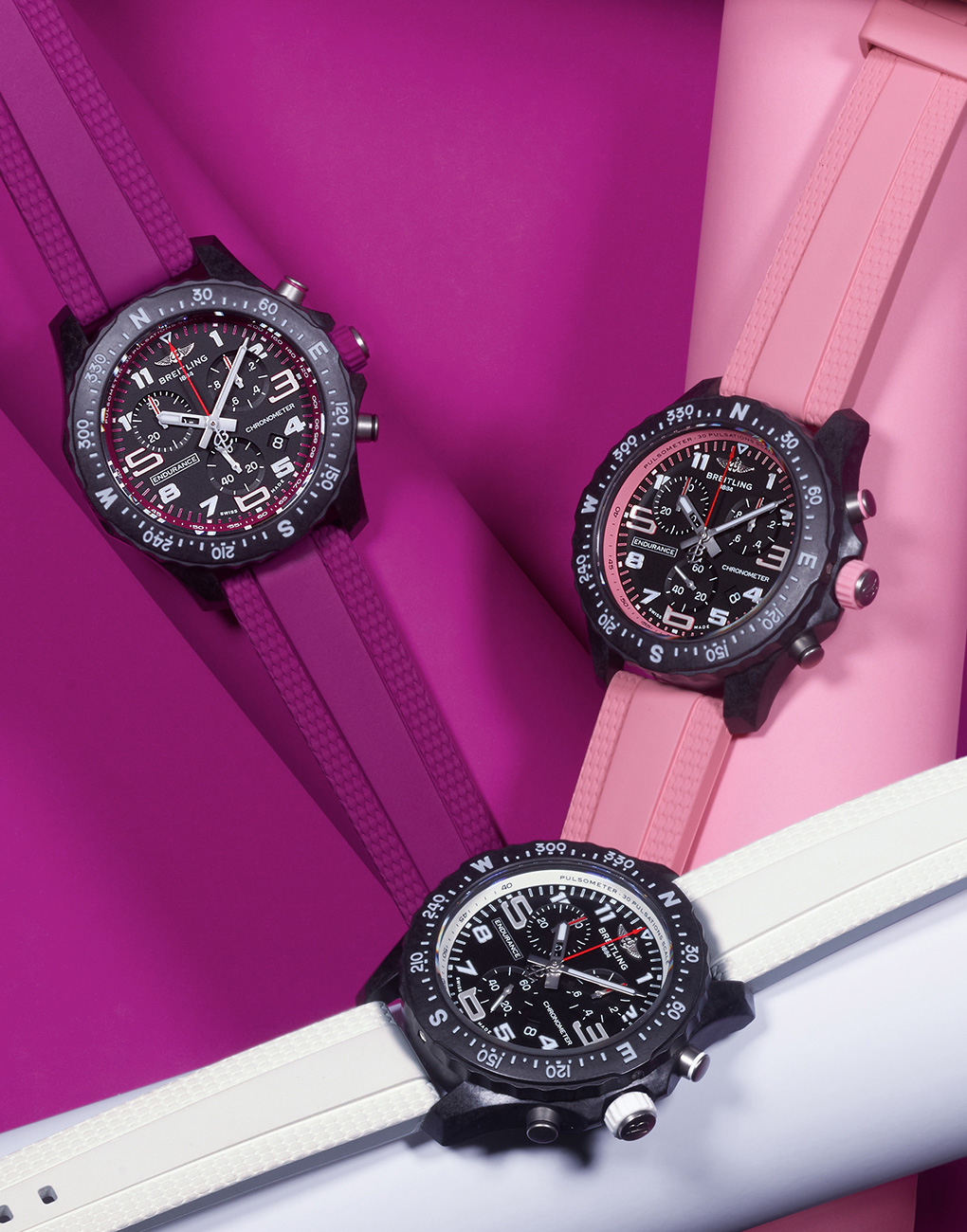
This, however, changed in the recent years enabling brands to come up with timepieces in a size range that is more inclusive. Timekeepers falling in the sweet spot between 34mm and 39mm began witnessing a rise in popularity with industry giants following suit. Recently, Breitling extended their Professional collection by rolling out the Endurance Pro chronographs in a variety of colours and two case sizes—44mm and 38mm—to mark 140 glorious years in watchmaking. While the initial versions of the Endurance Pro, launched in 2020, were sized at 44mm, the reduced case size of 38mm is a first of its kind for this collection. However, this isn’t the only time when the brand adopted timepieces in sleeker profiles. During Geneva Watch Days 2023, they launched the sleekest Navitimer models in different hues and two case sizes—32mm and 36mm. Previously offered in 41mm and above, this collection of aviation watches includes elegant ‘lifestyle’ timepieces for both men and women.
Also, at this year’s edition of Watches and Wonders in Geneva, some watchmakers launched smaller versions of their hefty models. For instance, Hublot unveiled their smallest timepiece—the Classic Fusion 29mm, garnering a favourable response from horology enthusiasts. Launched in 2008, the Classic Fusion offers sleeker and more elegant models when compared to the bulky Big Bang watches—Hublot’s flagship collection, monumental in popularising the ‘big watch trend’ in the mid-2000s with watch cases measuring 44mm. And, while earlier, the Classic Fusion models were available in sizes ranging from 45mm and 42mm to 38mm and 33mm catering to a broad audience, the 29mm variant—a first for Hublot—furthered the case for inclusivity.
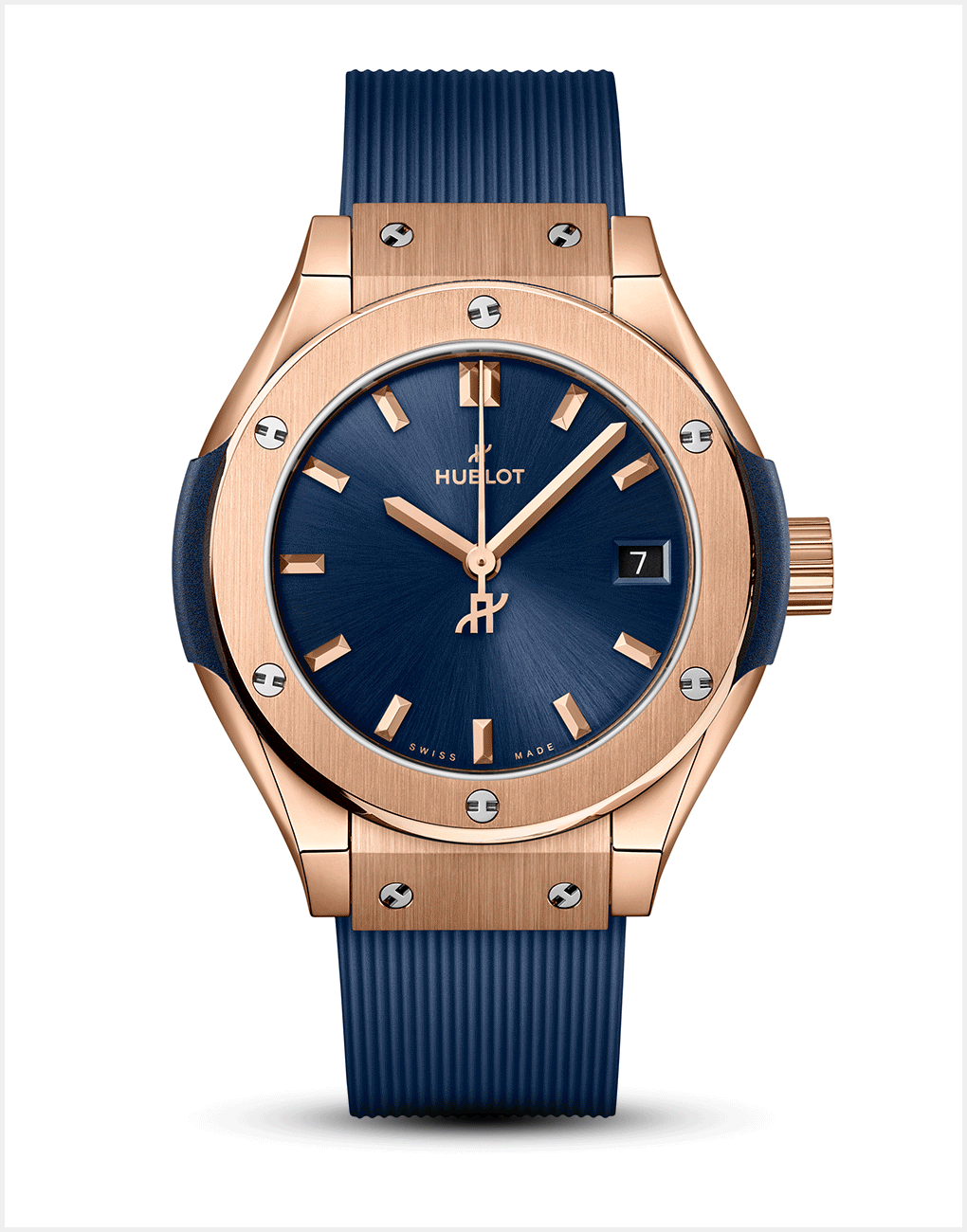
Another fine example is this year’s Oris Aquis timepieces with a 36.5mm case size. These dive watches offer a slimmer profile compared to the older Aquis models, which measure 43.5mm and 41.5mm. The new timepieces also include updated design elements, such as a minimalistic diver-timer scale on the unidirectional-rotating bezel, now sans numerals. The first two models come in dial options of white mother-of-pearl or black, while the third variant—the Aquis Date Upcycle—features a dial made from recycled plastic waste. Water-resistant to 300m, these watches are driven by the Sellita-sourced calibre 733, with a power reserve of 41 hours.

Let’s look at some of the other watch manufacturers who are slowly warming up to smaller timepieces, while also serving big models.
Traditionally Bigger Watches Going Small
At the 2023 edition of Watches and Wonders, watchmakers who typically favour larger timepieces showcased smaller models, with sizes of 40mm or less. Take Zenith, for example, which introduced the Pilot Automatic in 40mm and the Pilot Big Date Flyback chronograph in 42mm—run by the El Primero 3652 calibre with a power reserve of approximately 60 hours. This is quite a reduction in size as the previous iterations went up till 45mm.
Similarly, the Panerai Radiomir Quaranta Goldtech had a huge jump down from 45mm to 40mm. This timekeeper is 10.15mm thick, boasting the slimmest Panerai case. Also, in 2018, the company that combines Italian design with traditional Swiss watchmaking know-how, launched their smallest timekeeper at 38mm, the Luminor Due 38mm—11.2mm thick–at that year’s Watches and Wonders (called SIHH then), with a power reserve of three days. With this timepiece, Panerai made an entry into the smaller watch segment, while simultaneously keeping their legacy of ‘oversized’ watches alive.

IWC, Hublot, and Oris are some of the other men-centric brands that are slowly venturing into the unisex or women’s segment, thus setting an example of inclusivity, innovation, and versatility.
The Growing Trend Of Compact Watches: Why Now?
While the need for inclusivity has been one of the main reasons for this gradual shift, the celebrity influence and the demand for vintage pieces have encouraged this trend even further. In January this year, at the Golden Globe Awards, the American-French actor, Timothée Chalamet made headlines by wearing the stunning Cartier Crash with case dimensions measuring 38.45mm x 25.5mm. Earlier last year, Canadian actor, Ryan Gosling was seen sporting the hot pink, 36mm TAG Heuer Carrera during the promotions of his award-winning film, Barbie (2023), creating a similar reaction, if not more profound. These are some of the many instances where male celebrities were seen donning watches in sizes that are traditionally considered feminine, thus normalising the trend of men wearing smaller timepieces.

Another factor that has contributed to the rise in this trend is the growing popularity of ‘everything vintage’ with watches being no exception. Last year, Tudor revived the Black Bay 54 featuring elements from their 1954 original—the brand’s first dive watch—including the case size of 37mm. With this, the Swiss watchmakers continued to follow their downsizing pattern to the Black Bay line.
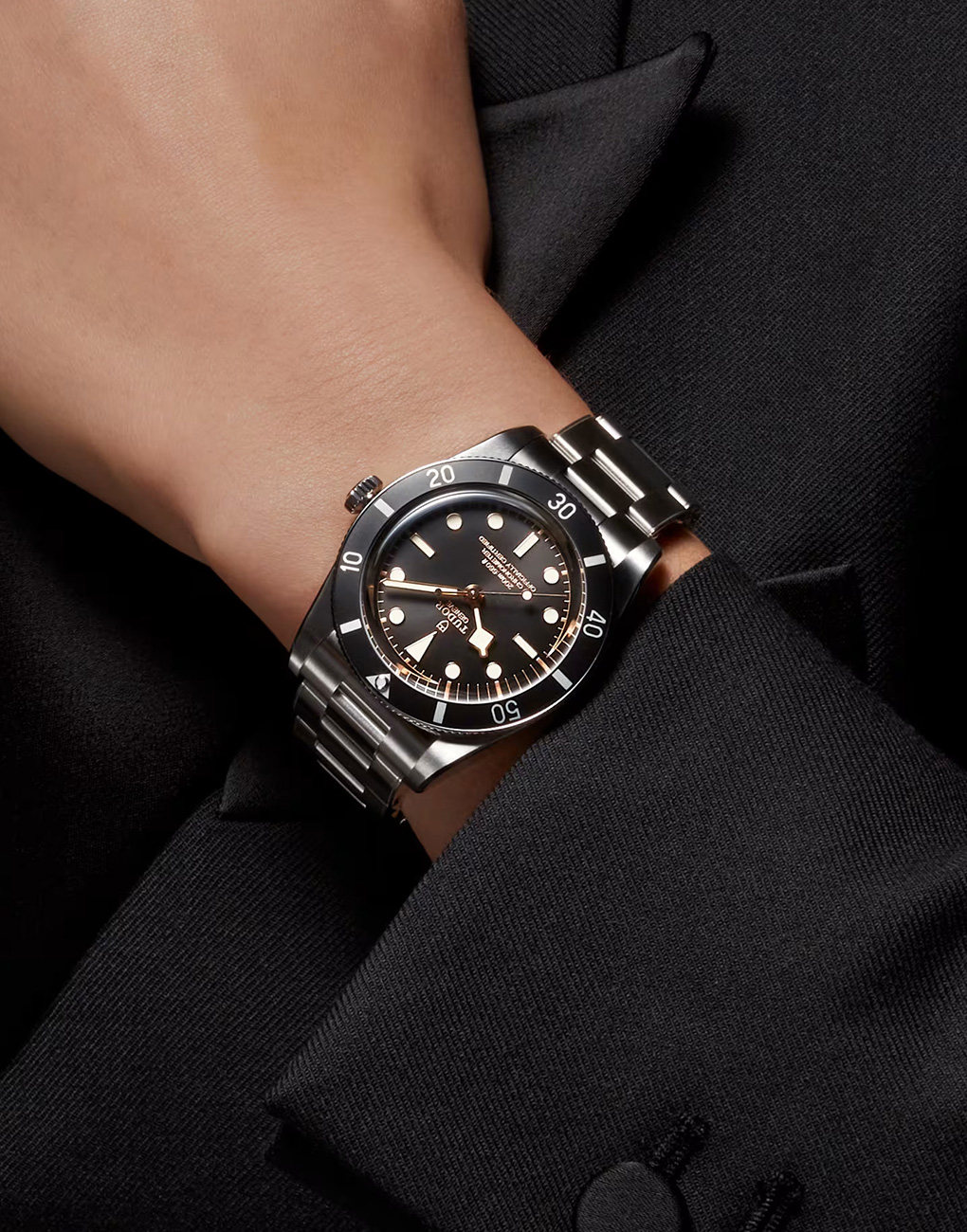
The vintage-inspired Ingenieur Automatic 40 by IWC is another example of watchmakers drawing inspiration from their archives. A modern interpretation of the Ingenieur SL Reference 1832 created by the legendary watchmaker and artist, Gérald Genta, the new series retains one of the most iconic design features of the original watch: the screw-on bezel with five circular recesses. This model is run by the automatic 32111 calibre, ticking at a frequency of 28,800vph, offering a 120-hour power reserve. It is water-resistant to 100m.
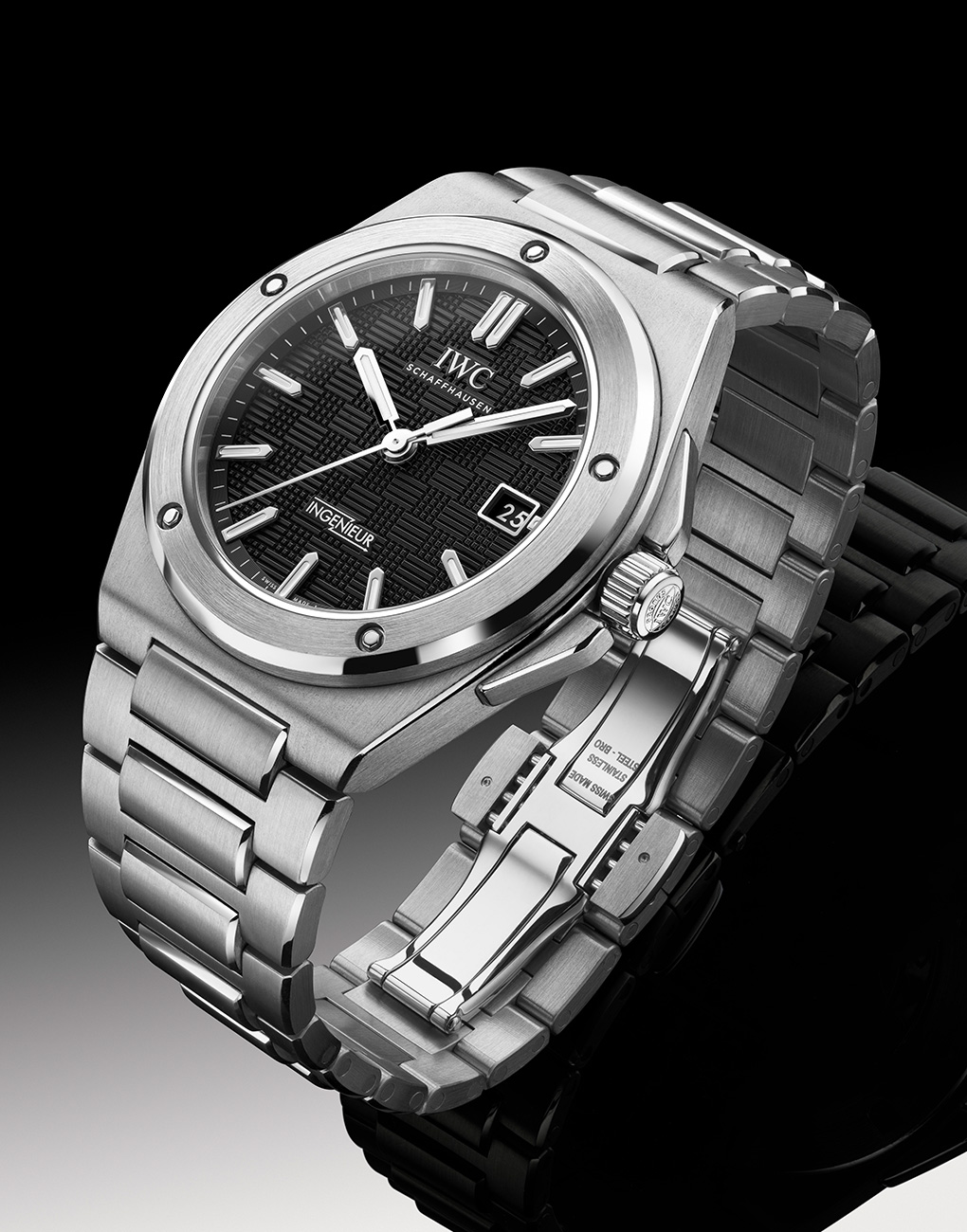
The TAG Heuer Carrera Chronograph 39mm and the 37mm Zenith Defy Revival A3642 are other examples of recently launched models that have put vintage back on the map. These timekeepers not only retain the signature design elements of their predecessors, but also offer accuracy and reliability, suited for the contemporary world.
It is also interesting to note that brands such as Zenith and Oris do not follow the age-old practice of putting watches under the men or women categories on their website, thus laying the foundation for gender neutrality. Afterall, what is best suited to one can only be decided by that individual irrespective of the case size of the watch, whether it measures 42mm, 38mm, 32mm or 29mm. Don’t you agree?
